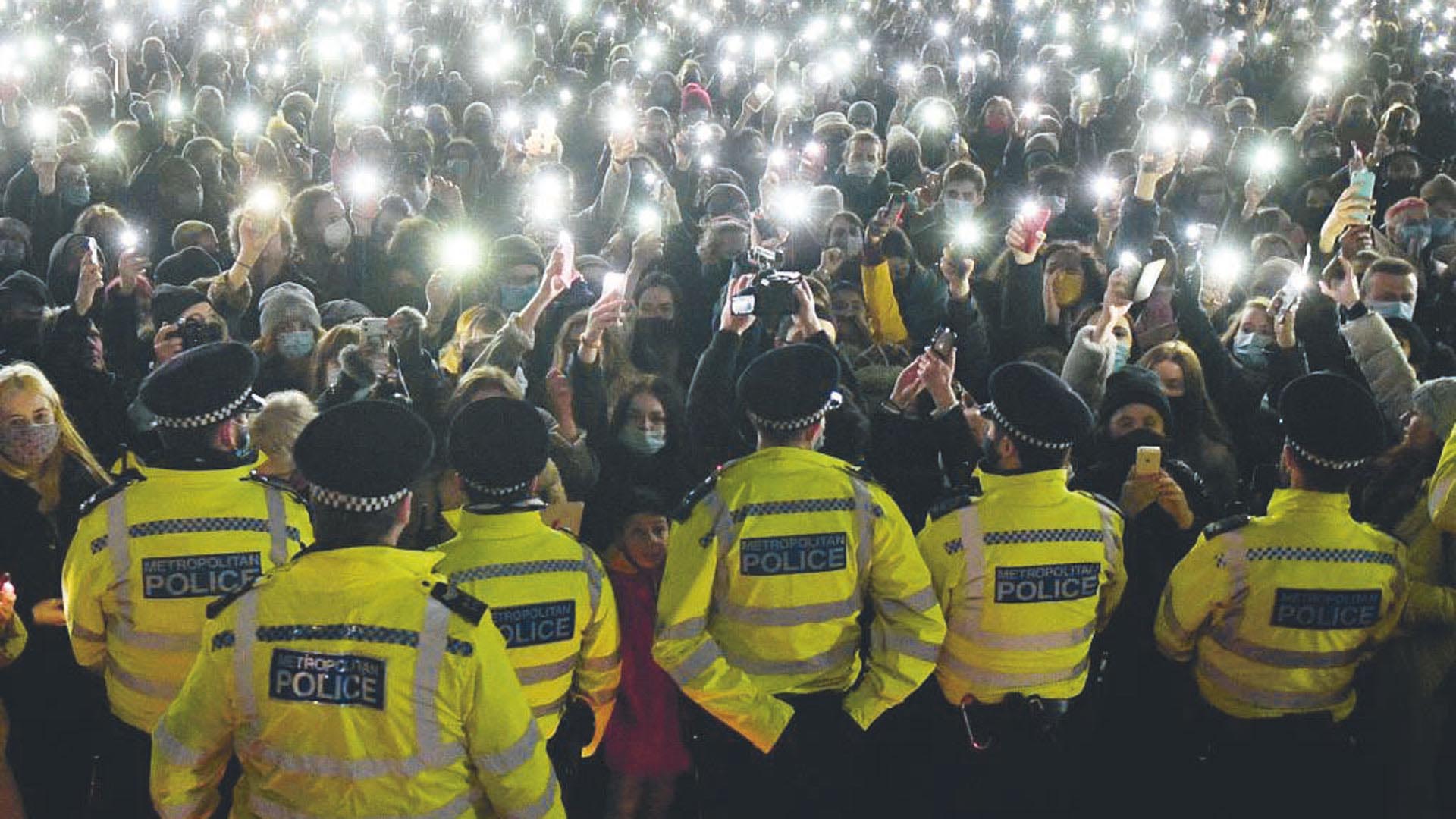It has been three years since the shocking murder of Sarah Everard at the hands of a serving police officer. Yet, we are still talking about rooting out rogue officers without the police taking serious action to address the systemic issue of misogyny at its core.
For far too long a pervasive culture of misogyny has been allowed to run rampant throughout policing – and it is women who are paying the ultimate price. Within policing and our culture more broadly we must first recognise the grave threat misogynistic crimes pose in order to prevent their fatal escalation in the future. How many more women will be killed before crimes against women are taken seriously?
Get the latest news and insight into how the Big Issue magazine is made by signing up for the Inside Big Issue newsletter
The recent Angiolini Inquiry revealed that police officer Wayne Couzens was reported to police eight times prior to murdering Sarah Everard. Among the crimes reported were the attempted kidnap of one woman at knifepoint, child sexual abuse and three instances of indecent exposure, one of which he committed just four days before killing Sarah. The police’s repeated failure to recognise and investigate Couzens’ pattern of predatory behaviour, as the very real and grave threat to women’s safety that it was, speaks to a culture of policing beset by misogyny.
In our culture at large, we see violent acts of misogyny being downplayed, trivialised or altogether dismissed. Among his many crimes against women, Couzens’ act of indecent exposure is one that is commonly downplayed or even laughed off. Even the colloquial term for indecent exposure, ‘flashing’, lends itself to the idea of a lewd and boisterous act. Indecent exposure is a brazen crime.
To decide to commit it the perpetrator will already have bought into a gendered narrative which objectifies and degrades women. It is a glaring red flag that, as we see in the case of Couzens, ought to underscore a perpetrator’s capacity to commit further violent and abusive acts against women. The failure to recognise it as such is fatal.









